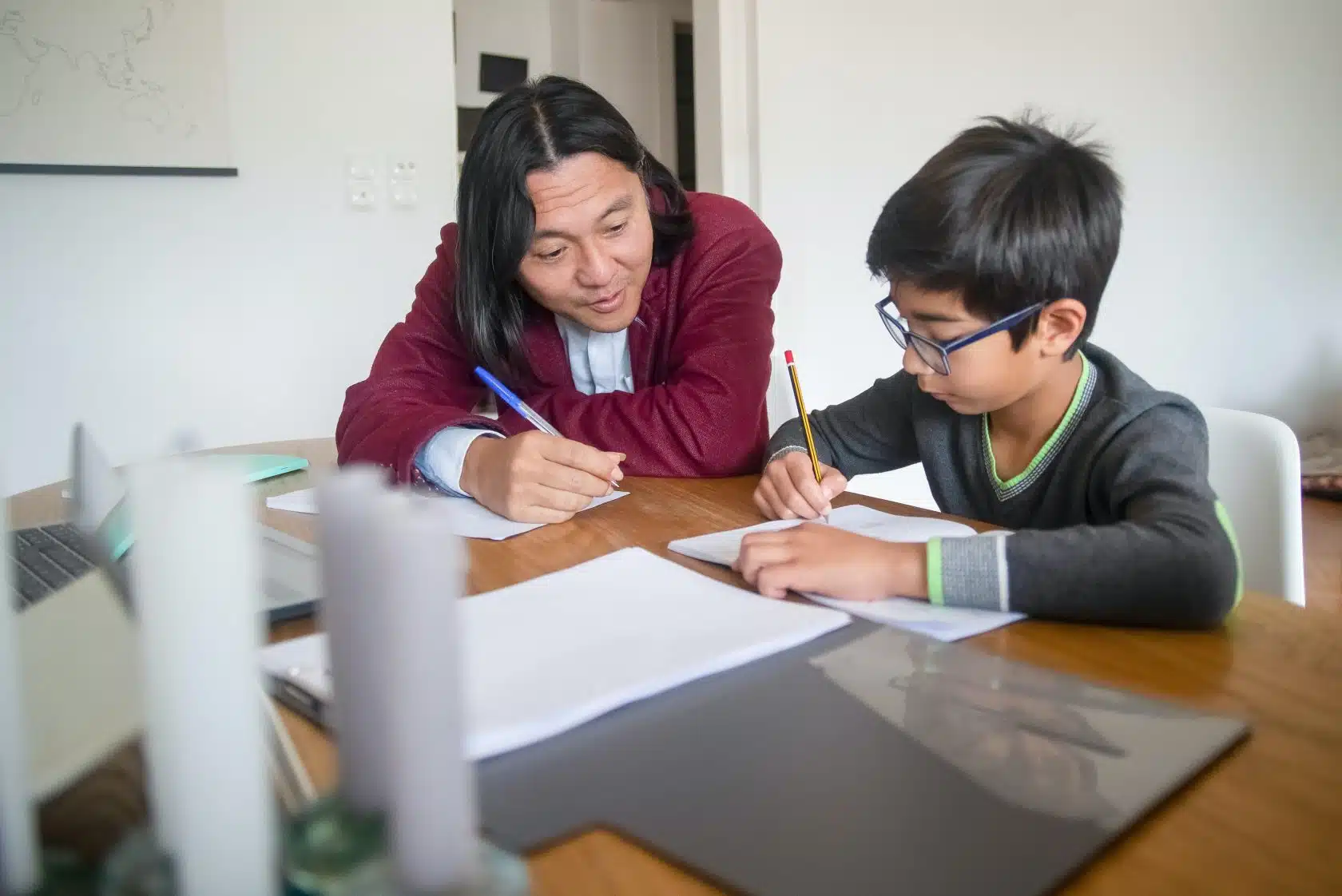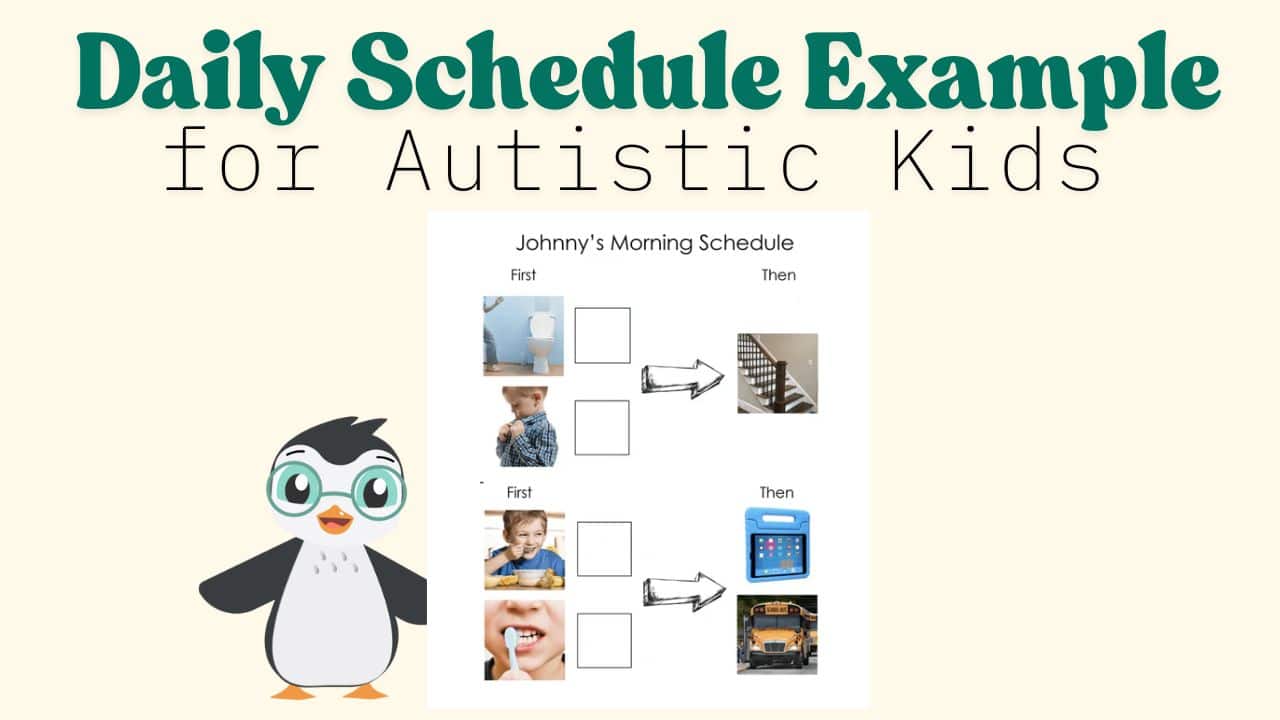Anecdotal observation is a simple but powerful tool that can provide parents of children with special needs with valuable insight into their child’s unique experiences, behaviors, and abilities. It involves systematically collecting informal reports or stories about the child’s experiences and behaviors and analyzing them for patterns and insights. Here are some points to consider when using anecdotal observation:
- Anecdotal observation involves observing and recording specific behaviors, actions, and experiences of the child over time. These observations can be made at home, school, or other settings where the child spends time.
- To use anecdotal observation effectively, parents or caregivers should establish clear goals and objectives for their observations. They should identify specific behaviors or experiences they want to track, such as communication skills, social interactions, or motor skills.
- Observations can be made using various methods, including notes, checklists, or video recordings. It’s important to record observations as soon as possible after they occur to ensure accuracy and completeness.
- Over time, parents or caregivers can analyze the observations to identify patterns and trends in the child’s behavior and experiences. This can help them better understand the child’s strengths and challenges and make more informed decisions about supporting their development.
Examples of how anecdotal observation can be used in practice include:
- A parent of a child with an autism spectrum disorder might use anecdotal observation to track the child’s progress in developing communication skills, such as eye contact, vocalization, and gestures.
- A teacher of a child with attention deficit hyperactivity disorder might use anecdotal observation to monitor the child’s ability to stay focused and engaged in classroom activities.
- A therapist working with a child with cerebral palsy might use anecdotal observation to track the child’s progress in developing fine motor skills, such as grasping and manipulating objects.
Anecdotal observation is a valuable tool for parents and caregivers of children with special needs. By systematically collecting and analyzing informal reports and stories about the child’s experiences and behaviors, parents can gain valuable insight into their unique strengths and challenges and make more informed decisions about supporting their development.










